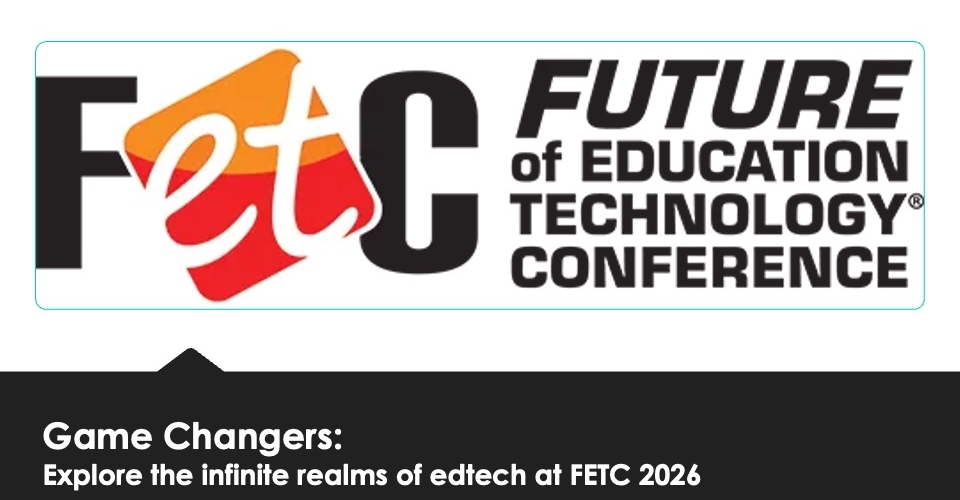Educators are seeing ChatGPT’s bright side as some in K-12 fret over AI’s ability to help students cheat on essays and other schoolwork.
Panicky headlines have threatened in recent weeks that ChatGPT will end teaching and learning as we know while some district leaders, such as those in New York City schools, have already banned the technology from school networks and devices. ChatGPT will be disruptive but its emergence, says Ben Berman, an education essayist and creative writing teacher at Brookline High School near Boston, is also an opportunity for educators to reflect on their routines and instructional practices.
“Anything that threatens the sanctity of teaching my students to be lifelong readers and writers unsettles me—that includes AI, but it also includes standardized testing,” Berman tells District Administration. “I am hoping that it becomes an opportunity for everyone involved in education to think deeply about how to make school feel meaningful and relevant to students so that they won’t want to outsource their work to AI in the first place.”
This shift will have some impacts as teachers are forced to abandon some types of assignments that they’ve relied on for years. “After we’ve dealt with the growing pains,” adds Matt Miller, a former teacher and creator of Ditch That Textbook, “I think it’ll bring an end to certain types of mindless, irrelevant, inauthentic learning activities.”
Chat GPT: Choices & challenges
The arrival of OpenAI’s ChatGPT creates challenges similar to those once posed by the increasing power of calculators. Math teachers have told students for years, “You need to know how to do this because you won’t have a calculator in your pocket all the time,” Miller points out. But math instruction hasn’t eliminated the calculator apps that all students have on their smartphones.
FETC 2023
The Future of Education Technology® Conference takes place live and in person Jan. 23-26, 2023, in New Orleans. Register now!
“We use calculators to do some of the basic tasks, and students still learn multiplication tables for quick calculations,” Miller says. “But the work of solving difficult problems—and applying the math to real-world scenarios—is still best done by human brains.”
ChatGPT will likely motivate teachers to alter the ways they design writing assignments because they will have an increasingly harder time determining what was written by AI. And artificial intelligence detection technology may not be advanced enough to give teachers enough evidence for punishing cheaters.
“It’s kind of like asking teachers 20 years ago if search engines could improve teaching and learning,” Miller points out. “With ChatGPT, students can ask the bot for feedback on their writing. It can provide example texts students can study. It can provide creative ideas for projects and prompts the student (or the teacher) might not think of otherwise.”
The more productive way for teachers and administrators to react is, first, to have an open mind. Then they must begin exploring how ChatGPT can improve not just writing but student work in science labs, social studies, P.E. classes and other subjects. Blocking AI on school networks and devices for the remainder of this school year could help educators begin to adjust and adapt to the technology. But blanket bans won’t solve the problem long-term because students will access ChatGPT on their home computers or “sneak off to the bathroom and use their cell phones in a toilet stall to access it if they need to.”
More from DA: Mental health crisis—Why Seattle schools are suing 4 social media giants
There are also equity implications as students who can afford their own devices will have much wider access. “The question we have to continually ask ourselves is: Is the student (or is humanity) better because of the way we’re using it?” Miller concludes. “If students use it so they don’t have to think or learn or wrestle with a new idea, they’re not better off. But if it advances their work or their thinking, it can be a good thing.”
Digging into disruption
“ChatGPT may doom high school English classes like mine. Maybe that’s not so bad,” is the headline on a commentary recently posted by Berman, who says he has been having open and honest discussions about AI and ChatGPT with his students. His classes are beginning to navigate the ramifications of the technology—such as when it might constitute academic fraud. “Some of my students started using it right away to do the homework that they didn’t want to be doing in the first place,” Berman explains. “Some students have expressed feeling deeply troubled by the idea of ever using it.”
Berman says he hopes that educators don’t see ChatGPT as only a cheating tool but that it inspires them to create more engaging coursework. “When students are primarily focused on results—on getting good grades, say, or just completing the assignment—they are more willing to take shortcuts and cheat,” he adds. “When students buy into the idea that they are learning essential life skills, they are more willing to invest in an assignment.”



